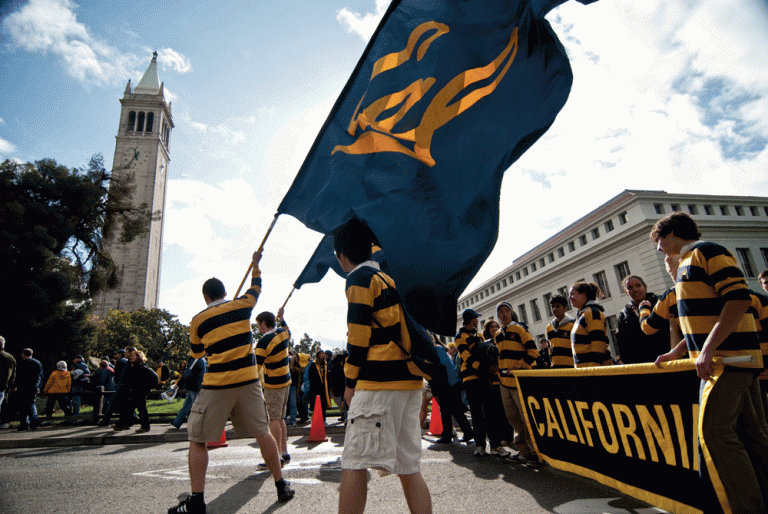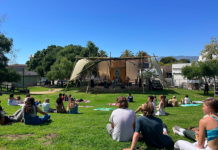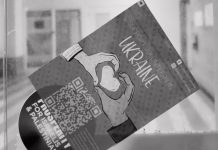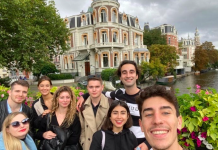
Jack Shea
Lately, American politicians have been distrusting scientists over well-scrutinized and supported research, including climate change issues, sexuality, evolution, and more. Political action advocating for and against science is making major headlines.
Earlier in February, UC Berkeley hosted its, some argue, most crucial hackathon yet. Wired writer Megan Molteni wrote that the group of hackers, students, and scientists “collectively loaded 8,404 NASA and DOE webpages onto the Internet Archive, effectively covering the entirety of NASA’s earth science efforts. They’d also built backdoors in to download 25 gigabytes from 101 public datasets.” This backup was crucial not just for the safe-keeping of the data, but to preserve public knowledge of the situation.
“Some data is missing, but it is still unclear when that data was removed [from NASA’s, Global Change Data Center’s, and other important agencies’ websites],” warns Molteni.
After holding a conference last Sunday, the American Association for the Advancement of the Sciences (AAAS), the Do Something or Human Rights Watch organization of the scientific community, questions, “How can we most effectively provide scientific evidence that informs policy? What are the roles for scientists as individuals and for the scientific enterprise as a whole in the policy landscape?”
Brave coalitions, like the recent Berkeley hackathon, are “part of macro-level shifts in the tech and educational landscape; we hope that events (like ours) can help add momentum to these shifts,” said Anna Ho, a third year communications major at UCSB and active participant of SB Hacks.
“Coding is the driving force that sparks innovation,” she said. “[Hackers] are given a bad reputation because people — cough, Trump — don’t understand it’s the potential to do good in the world.” This begs the question of what could possibly be the miscommunication between the true identity of hackers and the mainstream and political depictions of hackers.
“Hackers are coders; this style of learning starts with a problem that has real world utility rather than taking classes on sets of tools and only searching for problems to apply them to afterwards,” Ho said.
Hackers do not wait for problems; they are activists. This Berkeley hackathon exemplifies Ho’s assertion in its immediate work to preserve the scientific community’s data. Hackers are activists in the sense that they act before it’s too late to save the societal victims.
These are groundbreaking actions in an age of anti-scientific rationale dominating political discourse inside America. The anti-scientific organization rhetoric holds strong and will likely prove to be steadily upheld for, at least, the next three-and-a-half years.
















